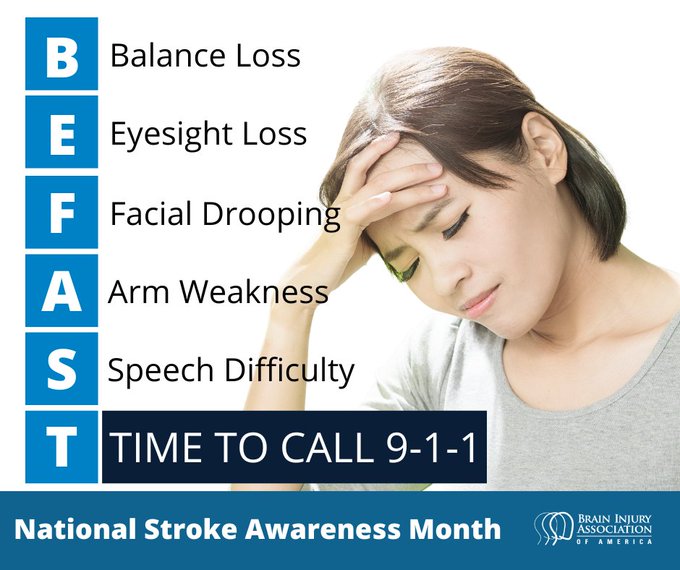Source: SceenNJ.com
A low-dose computed tomography (CT) scan has been proven to be effective in identifying lung cancer when it is most treatable.
Utilizing a combination of x-ray techniques and computer technology, low-dose CT scans produce high quality images while reducing radiation dose. Radiologists customize each CT scan to each patient, following low-dose radiation protocols to reduce radiation exposure by as much as 50 to 80 percent.
The CT scanner uses an x-ray source similar to that used to obtain ordinary chest x-rays, however, the x-ray beam is so tightly focused that portions of the body outside of the scanned region get relatively little x-ray exposure. The low-dose scan takes less than 60 seconds to complete.
During the chest scan, patients must hold their breath for a few seconds. A computer creates 3-D images of small sections of the lung that offer excellent detail and enable the detection of very tiny lung lesions that are often smaller than one centimeter.
Radiologists who specialize in evaluating lung CT scans review the results. The CT scan results are shared with the patient and the referring physician. Patients who are eligible and decide to get screened have a better chance of detecting lung cancer at an earlier and more treatable stage.
Generally, by the time lung cancer signs and symptoms are noticeable, the cancer is usually at a very late stage. Detecting it early gives patients a chance for better outcomes.
To learn more, talk to your doctor or contact one of our lung cancer screening partners.
